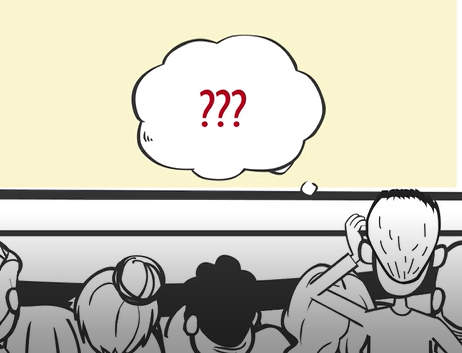Personal Trust Account System

This page changed with the April 06, 2024 edit.
To move all ads to bottom of screen, shrink the window width
Be part of the success!
Help spread the word!

This page changed with the April 06, 2024 edit.
This Financial Trust System replaces many government assistance programs (such as loans for housing, education, business; as well as welfare, medical insurance, social security, etc.)
All government assistance and present-day welfare programs roll into this Personal Financial Trust Account program that is initially funded by the parents for each of their children. Maintained with whatever financial institution the individual desires.
From birth, up to age eighteen (and maybe twenty-four), the parents and or guardians contribute $100 per month (or more) for each child they birth and or adopt, and or foster. Any money the child receives during this time, through chores, allowances, gifts, inheritances, found money, etc.; 90% of those funds are deposited into the account. This teaches the child to live on far less than they receive, and how to manage their money (saving for large-ticket items, borrowing from and repaying themselves with interest helps make themselves richer and more financially stable).
After age eighteen (maybe twenty-four) only the child, as adult, contributes at least 20% of their gross receipts (gifts, earnings, and income, etc.) This replaces the unconstitutional personal wage tax (falsely called an income tax on wages).
The government, subject to individual account–holder voter approval, may use deposits to establish city enterprise funds (such as utilities, solid waste, sewage treatment, etc.), as well as provide other public services required to adequately defend the citizen’s rights and to encourage business. The government pays 5% annual interest, compounded monthly on funds borrowed from these accounts.
Individuals may invest in business ventures to attract jobs. The businesses would also repay these funds at a greater interest rate than the government. The body of resident-investors have a 51% controlling vote.
From birth through age eighteen (maybe twenty-four); the parents, as initial Trust Managers, may borrow against this account to benefit the child named on the account. The parents must repay these funds at the same interest rate or greater than the interest rate the government pays into the account when borrowing from these funds.
If the child dies before assuming control over the Trust account, the funds revert to the parents / guardians who contributed; or as the child details in their will, if they have one drawn.
The child, once they either turn eighteen (maybe twenty-four) or emancipate themselves before then, becomes Trust Managers and they may borrow against their account for education, housing, finance a business, medical uses, or for whatever use they desire.
The child, as adult should also repay what they borrowed against their account at the same rate or greater than the interest rate the government pays when it borrows from the account. Repayment into the account should be done until the account holder reaches retirement age (of about 55 years or older —if the account holder desires).
Any un-repaid funds reduce the retirement benefits from the account that the individual may use later in life.
If the individual drains their account, becomes homeless, needs medical care, and such —the government has absolutely no other services or welfare. The individual must rely on other people and charitable organizations around them for assistance.
It is not the duty of government to take from one person who manages their money successfully and give it to another who does not.
If practiced, by the time the child reaches age twenty-four years, their balance will have roughly reached $170,000. This assumes that the child from age 14 through 18 works and contributes $780 per month, in addition to the $100 per month that their parents contribute. As an adult, for the over age 18, this assumes that the individual earns at least $15 per hour, works at least forty hours per week, and the individual contributes 20% or more of their total wages, gifts, and income. That or works a few more hours to make up the difference.
The FICA and Income Tax withholding that soon end will fund the citizen's Trust Account. As opposed to the unconstitutional wage-tax disguised as an income tax, the government will fund the majority of it activity by way of The Fair Tax. It also replaces Social Security and other welfare programs, government financed education, government funded mortgages, bail-outs of all sort, and others.
By the time a person reaches age 55, so long as they have either not borrowed against their account, or have repaid all borrowed funds with interest, and or successfully invested some of the Trust's Funds; the individual’s account balance is roughly $2,600,000 from which they may use for retirement or in any other way they desire.
At 5% annual interest, compounded monthly; the individual receives over $10,000 per month interest on their two and a half million-dollar balance. Add to this, if a person desires, an additional $10,000 per year gradual draw-down against the balance for the next fifty or so years, it provides a $130,000; gradually decreasing annual living fund. For a visual in chart form, see PDF below.
The governed people, are intended to work together to properly control their government's powers to equally protect each other's rights.
Share any content within this website. Get others talking about —Getting & Keeping Clean Honest Government.
[End Page Content]
To move all ads to bottom of screen, shrink the window width
Help make it happen!
Help spread the word!
| ||||||||